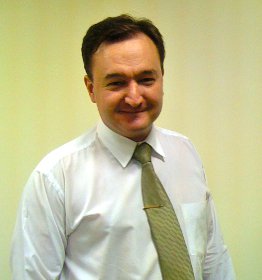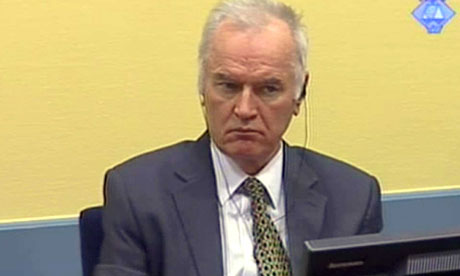PRESS RELEASE
3 June 2012 – On Thursday, 7 June 2012, the US House of Representative’s Foreign Affairs Committee will mark up and vote on the Magnitsky bill (H.R. 4405) that imposes visa bans and asset freezes on foreign human rights offenders and corrupt officials. Following that, the Magnitsky bill will move to the full vote in the House of Representatives. This is taking place amid the escalating Russian government rhetoric against the bill and the equally rising call from Russian civil society leaders for enacting the bill .
“This is a major development as it clears the last major bottleneck to get the Magnitsky bill passed in the House,” said a Hermitage Capital representative.
The House consideration of the Magnitsky bill is significant for three reasons.
First, the consideration in the Foreign Affairs Committee is taking place a week after the Russian President’s foreign policy adviser tried to pressure the US over the Magnitsky bill. On 29 May 2012, Yuri Ushakov, foreign policy adviser to Russian President Vladimir Putin, publicly threatened counter-measures if the bill gets passed:
“We got used to the Jackson-Vanik amendment, we know well how to manage it, and it has not particularly bothered us. But if this new anti-Russian law is adopted, then of course that will require some measures from our side in response.”
The Russian government’s position on the bill is at odds with Russian public opinion. According to a Levada Center poll held last August, 60 percent of Russians support visa bans and asset freezes by the US and the EU on the Russian officials implicated in the Magnitsky case.
Second, the U.S. House of Representatives is moving on the Magnitsky bill at a much faster pace than the Senate, who origally led on the bill. In the U.S. Senate, Foreign Relations Committee Chair John Kerry indicated that the bill would be considered in April, but in spite of a number of public promises it has not been on the agenda of the Senate Foreign Relations Committee leading some commentators to believe that Senator Kerry is being pressured by the US State Department to block the progress of the bill.
Third, the House may consider the Magnitsky bill before any consideration of repealing the Jackson-Vanik amendment, which many had believed would be linked. The repeal of Jackson-Vanik amendment isconsidered necessary by the US administration for granting Russia Permanent Normal Trade Relations before Russia joins the World Trade Organization, which is expected this summer.
The Magnitsky bill is supported by Russian opposition leaders as the single most effective way to deal with widespread Russian corruption and rights abuse. A recently released movie, Sergei’s Law, features fourteen Russian civil society activists urging to enact the Magnitsky bill in the U.S. Congress. The video was produced by College-100, a network of U.S. student body presidents representing over 3 million young people.
“The Sergei Magnitsky Rule of Law Accountability Act of 2012” was introduced by U.S. House Representative James McGovern in April 2012. The bill has gained 25 co-sponsors in one month, including Ileana Ros-Lehtinen, chair of the U.S. House Foreign Affairs Committee, where the bill will be up for mark up this week.
For further information please contact:
Hermitage Capital
Phone: +44 207 440 17 77
E-mail: info@lawandorderinrussia.org
Website: http://lawandorderinrussia.org
Facebook: http://on.fb.me/hvIuVI
Twitter: @KatieFisher__
Livejournal: http://hermitagecap.


